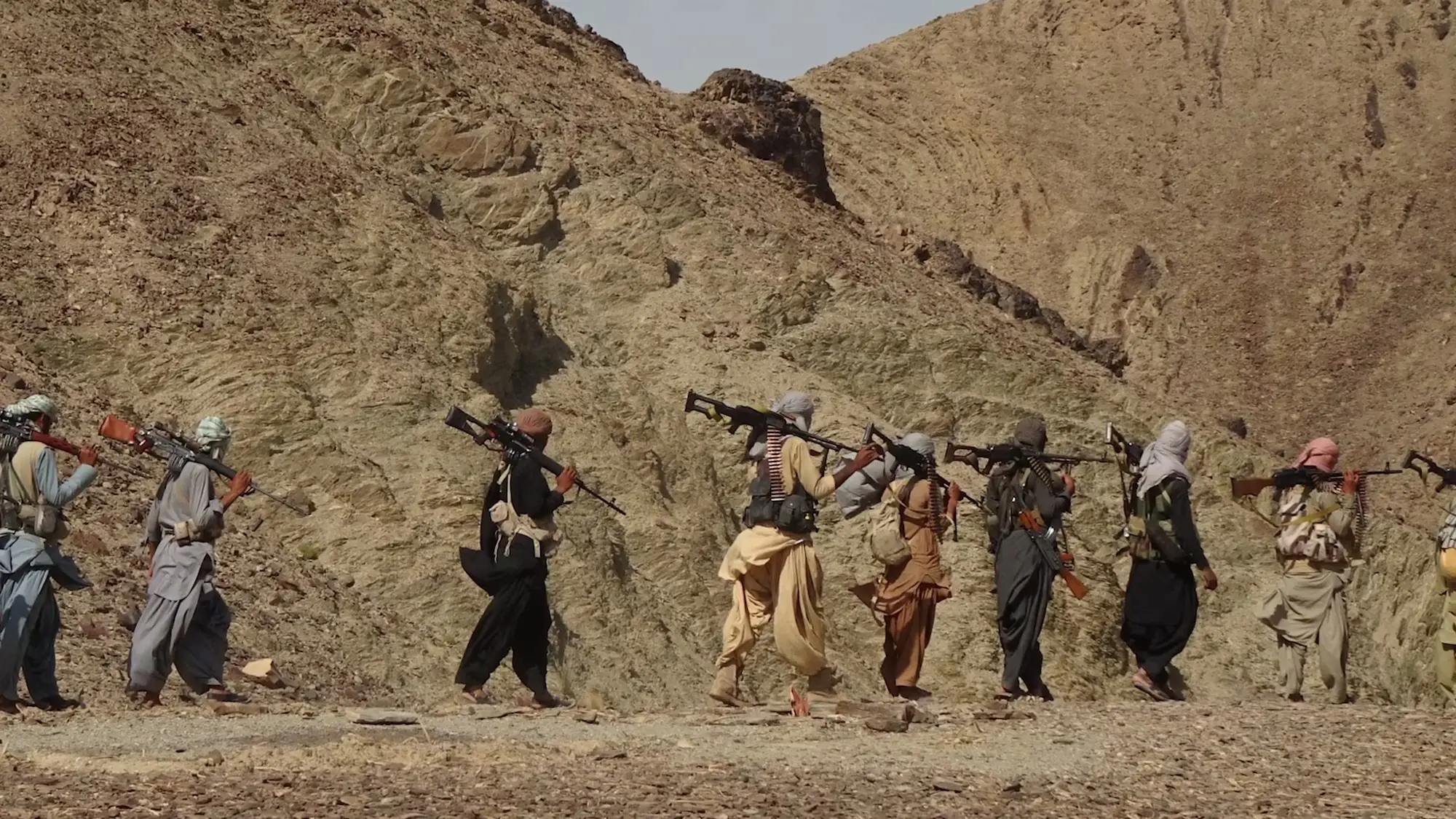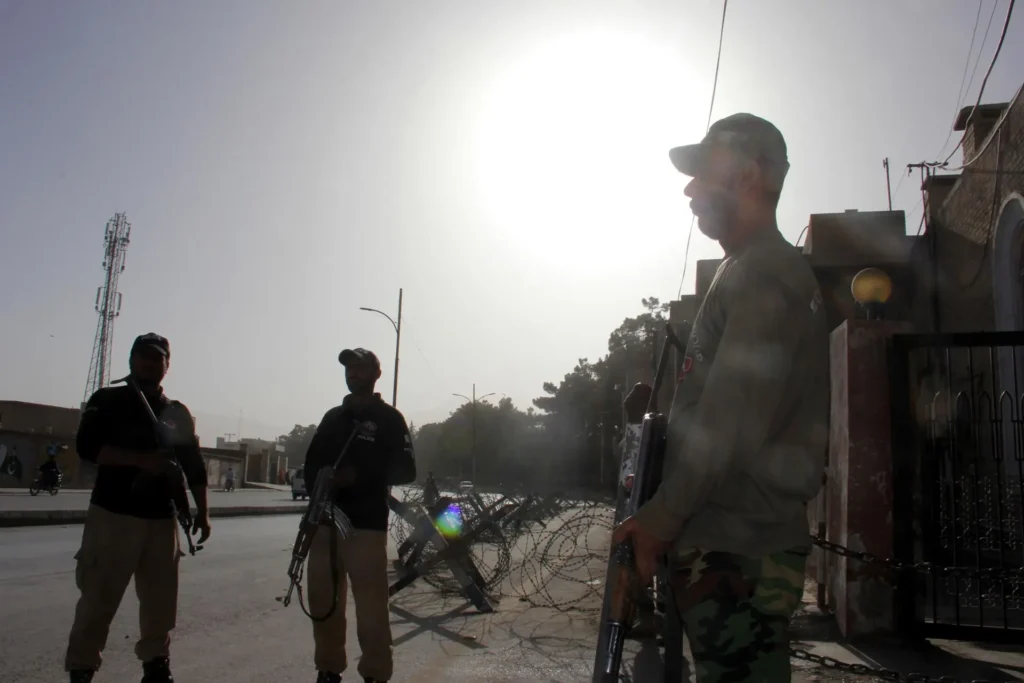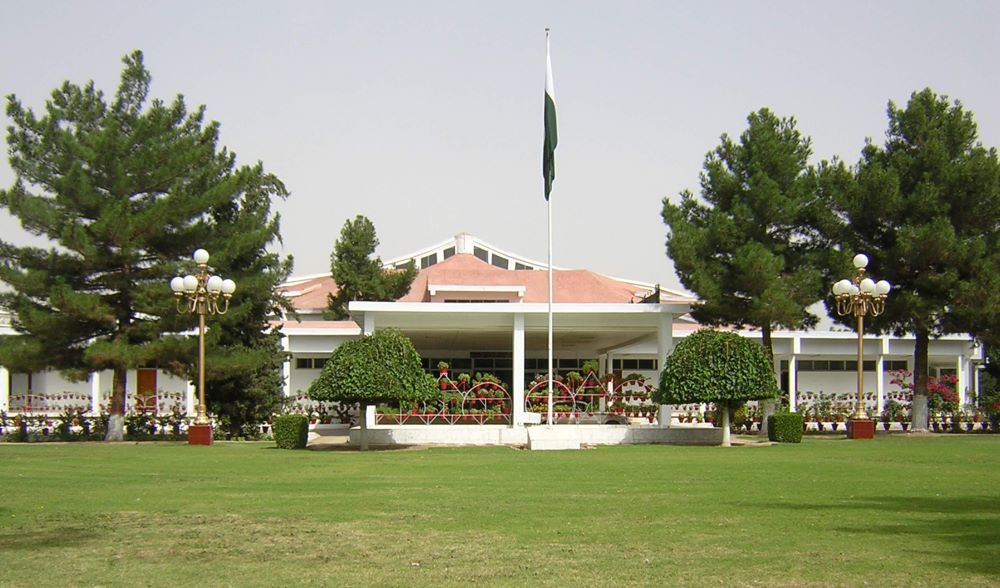
It is a hardly-contested fact that Balochistan has remained turbulent since partition. It was unified with Pakistan after unanimous vote by the Kalat princely state but deserted factions began opposing this decision right then and picked up arms against the state. Those elements and their violent spirit still remains to this day and largely shapes the turbulent reality of the province.
Back then, these factions opposed the union and in the coming days, accused the federal government of plundering their resources. This accusation, however, is an indomitable illusion and farfetched from the reality.
Khan of Kalat, Ahmad Yar Khan, signed instrument of accession on 27 March, 1948 and prior to that on 29 June, 1947 Shahi Jirga of Balochistan unanimously decided to join Pakistan.
Prince Abdul Karim, brother of Khan of Kalat, was one of the main figures to resist the decision and take the path of aggression.
Since then, a low level insurgency has ripped the province and kept it away from taking the course of development and prosperity.
The reason why Balochistan’s turbulence can be seen as a small-scale insurgency is the involvement and backing of external (mostly Indian and Iranian) actors. But breaking down the actual reality and history of trouble in Balochistan is very important to avoid falling prey to the misperception that the province has a systematic ongoing insurgency.
Read more: The Baloch Sit-In Saga: Featuring Mahrang Baloch
According to the Pakistan Bureau of Statistics, the total population of Balochistan is around 14.8 million. This leaves large swathes of the province uninhabited. A scarcely populated province having diverse demography makes it unique from the rest of Pakistan.
Almost 6.1 percent of the total population of Pakistan is living in Balcohistan, with only 35 percent Baloch speakers, sharing the rugged terrain with other ethnic groups.
By examining and scrutinizing at the microscopic level, it is easier to see that only a handful of elements are leading their lives in destitute and desertion and have taken arms against the state, insensitive of the wishes of the majority of the province.
And these few elements have terrorized the whole province and peace loving people, willing to contribute in national wellbeing. These elements have disrupted the progress by employing violence against the innocent civilians and the state alike. At the same time, they play victim card to evade the lawful response in the form of counterinsurgency operations by the state.

These elements do not enjoy endorsement beyond Marri and Bugti tribes and their numbers are still minimal in those tribes, hence rendering an easy task for the government to engage with them and dissuade them to shun this militancy and come back to the national folds. That is why the news of militants from the province surrendering to the state surface now and then.
These surrenders are a good sign for bringing normalcy to the region that is plagued by uncertainty for decades. Engaging with them fruitfully and offering adequate amenities helps the state to quell and control these militant tendencies in the province.
What is appalling about the Balochistan situation is that no one is highlighting the sincerity with which the state is giving leverage and confidence to the native Baloch to redress their deprivation. In this regard, Aghaz e Haqooq e Balochistan was a pivotal initiative, which empowered Baloch youth but also allocated certain quotas in academia and government jobs.
Read more: Statehood Conundrum
Balochistan has also received 9.09 percent share from the divisible pool of the wealth generated by the state of Pakistan in the form of seventh NFC award. This is almost double than the share of the province according to its population.

To put it in context, the resentment and grievances of a handful of people can be addressed properly through devising multipronged reconciliation efforts encompassing economy, political representation, resource management, education, and mainstreaming in all areas of collective social and national life.
Internal disputes and fragmentation gives more impetus to the insurrection of this militancy which can be dealt with the farsightedness of the state and by putting the house in order.
The current state of stalemate must diffuse and initiatives should be taken to satisfy this defected faction. Provincial autonomy and delegation of power is the only solution and empowering people on the grass roots level the only viable course of action. The objectives of this long perilous journey cannot be achieved unless the situation is dealt with patience and dedication.
18th Amendment has already divulged these powers to the provinces. More room is still available for improvement and to defeat those few elements who have taken refuge on the mountain tops and made a hostage out of this inexplicable situation.
As they are not willing to come down and engage in dialogue, bringing them to terms of negotiation will require a balance between military action and employing other channels. The will of the state is supreme and must separate those who acknowledge state’s sovereignty from those who do not.
Political parties running for elections this year must bring Balochistan in their campaigns and manifestos. If they do not, the voters must ask the politicians what is their vison of Balochistan and how they plan to resolve the issues related to the province. Because certainly, democracy is the best revenge.


















Leave a Reply